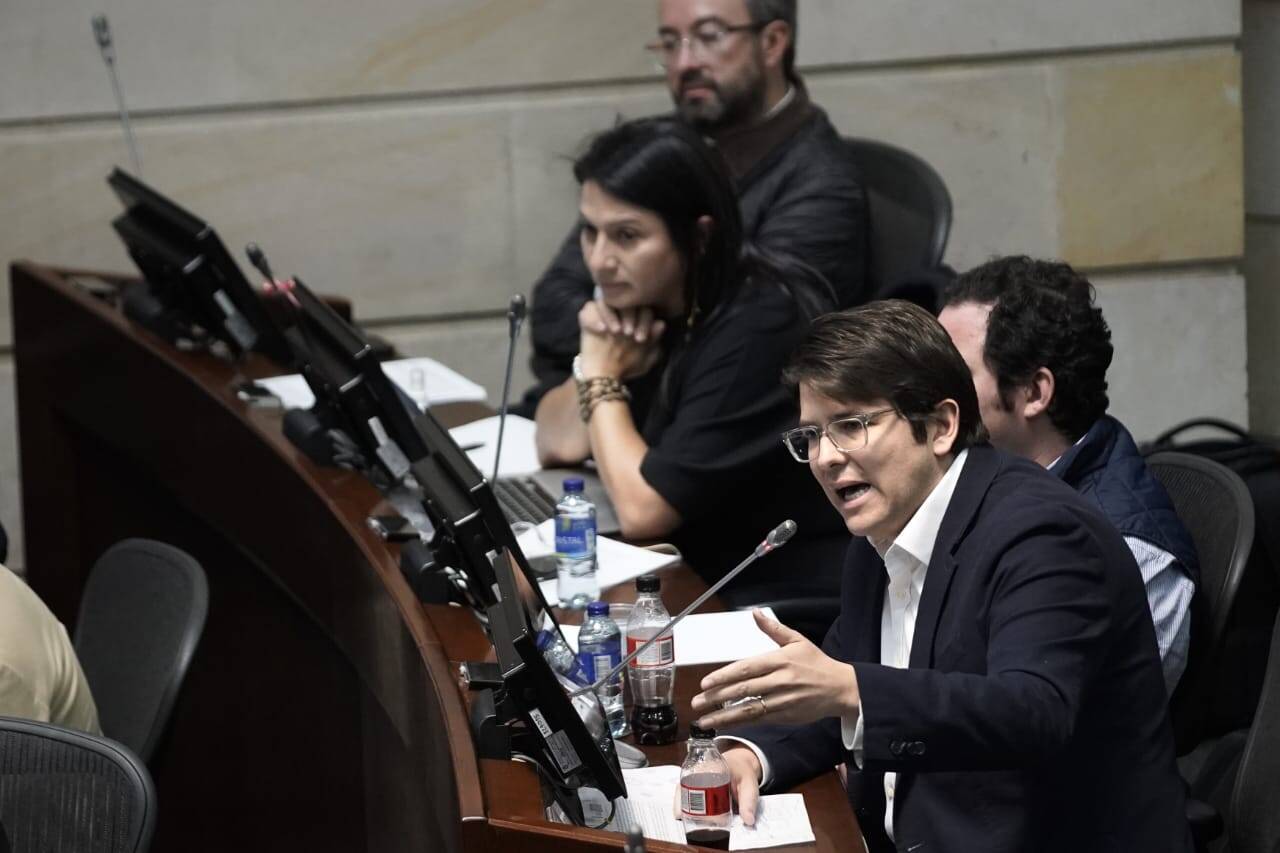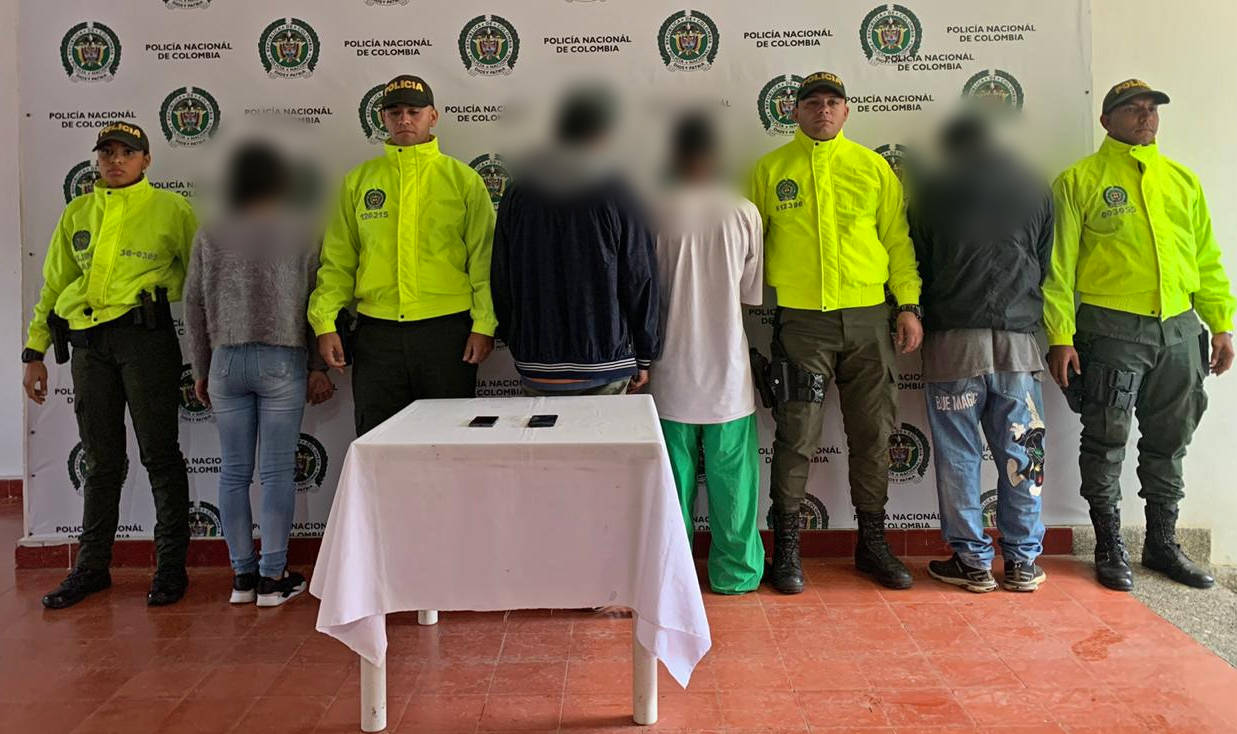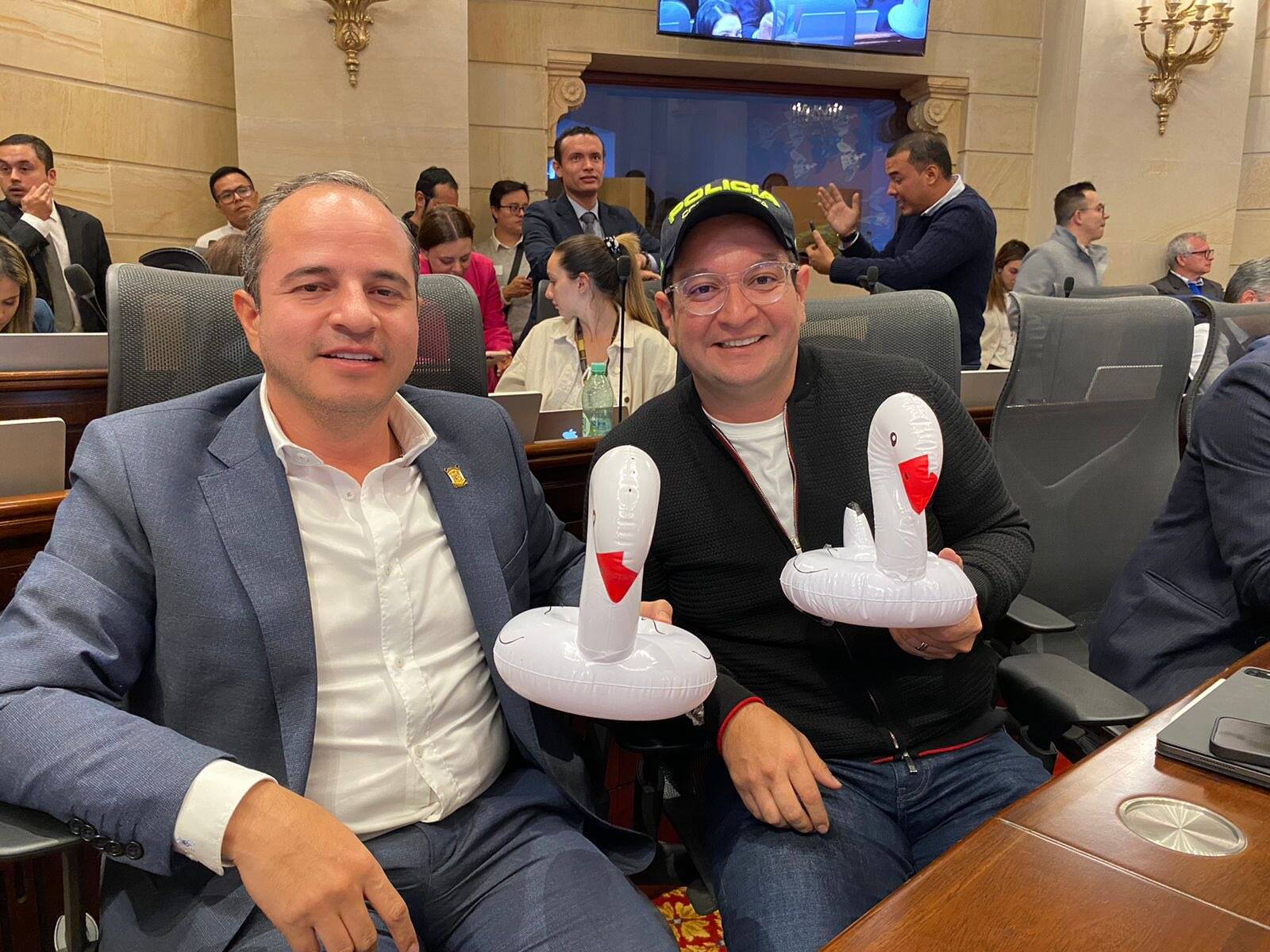A bill has been filed that seeks to penalize minors between 14 and 17 years of age who commit heinous crimes as adults: this is what it proposes

The new legislative session has begun, and members of Congress have already begun filing their own bills. One of the most attention-grabbing bills is the one seeking to regulate criminal liability for adolescents.
The bill was introduced by representatives Carolina Arbeláez (Radical Change ), Luz Ayda Pastrana (Radical Change), Piedad Correal (Liberal), Óscar Villamizar (Democratic Center), Miguel Polo Polo (Afro Seat Representative) and José Octavio Cardona (Liberal), and has multi-party support.
The initiative arose after the attack on Senator Miguel Uribe on June 7, in which a minor was the hitman responsible for the attack.

Miguel Uribe, senator for the Democratic Center. Photo: Sergio Acero Yate / El Tiempo
The objective of the project is "to modify the criminal liability regime for minors, over 14 and under 18 years of age, who commit the crimes established below, so that their criminal treatment is the ordinary one for adults established in Laws 599 of 2000 and 906 of 2004 , or in the laws that modify or replace them, with full respect for the legal and constitutional guarantees that govern the criminal process and due process in general. The foregoing, in order to discourage and prevent minors from continuing to be exploited by adults or by common or organized crime groups, due to the laxity of the criminal regime currently applicable to them, and also as a proportional sanction in attention to the seriousness of the conduct committed."
The law would apply when the minor is tried for committing any of the following criminal offenses, or for attempting to commit them, if the criminal offense allows it:

The captured minors are between 13 and 17 years old. Photo: Courtesy of the Antioquia Police
- Genocide.
- Intentional homicide.
- Personal injuries, when the injury consists of: deformity, anatomical or functional loss of an organ or limb, injuries with chemical agents, acid and/or similar substances.
- Forced disappearance.
- Kidnapping in all its forms.
- Torture.
- Crimes against freedom, integrity and sexual development.
- Aggravated theft.
- Extortion.
- Terrorism.
- Administration of resources for terrorist or organized crime purposes.
- Use or release of dangerous substances or objects.
- Manufacturing, trafficking and carrying of firearms or ammunition.
- Manufacturing, trafficking, and carrying of firearms and ammunition for the exclusive use of the armed forces.
“Today, children are being groomed and educated to be criminals. (…) This isn't about going against children, much less about the lack of opportunities available, because if that were the case, the minor who attempted to kill Miguel Uribe did have them, so much so that he participated in this government's programs and still decided to commit a crime,” said Representative Villamizar.

Representative Óscar Villamizar (right in this image). Photo: Oscar Villamizar
The bill proposes that sentences handed down in juvenile criminal proceedings will not be considered a criminal record. " These records are confidential and may be used by the competent judicial authorities to define applicable measures when determining the nature and severity of the conduct, as well as the proportionality and appropriateness of the measure. The competent entities must make information systems compatible to keep records of adolescents who have committed crimes, in order to define the guidelines for criminal policy for adolescents and young people," the bill states.
Likewise, deprivation of liberty in specialized care centers will apply to adolescents over 16 and under 18 years of age who are found responsible for crimes for which the minimum penalty established in the Penal Code is equal to or greater than six years in prison. In these cases, deprivation of liberty in specialized care centers will last between one and five years, except as provided in the following paragraphs.
Maria Alejandra Gonzalez Duarte
eltiempo





